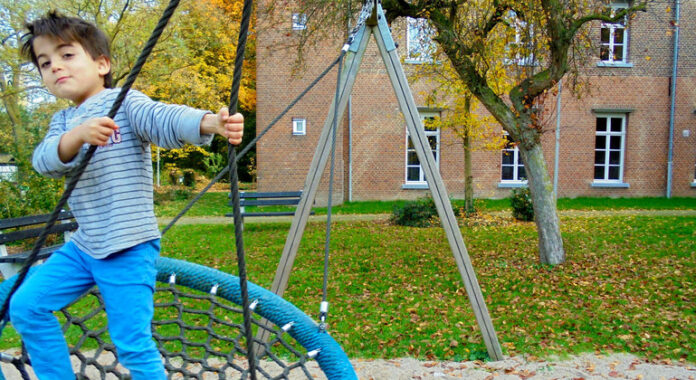
“The right to nationality ensures concrete protection for individuals, in particular children”, said Committee member Shuichi Furuya.
In what they called “a ground-breaking decision”, the Committee’s first on the right of a child to acquire a nationality, the members referred to a petition by a boy named Denny, who in 2010 was born in the Dutch city of Utrecht to a 21-year-old mother from China.
The Human Rights Committee has asked the Dutch authorities to review their decision, as well as the legislation on eligibility to apply for citizenship.
The right to nationality ensures concrete protection for individuals — UN Human Rights Committe member
Trapped in vicious circle
In their statement, the Committee explain that Denny’s mother was trafficked to the Netherlands in 2004, when she was 15, and forced into prostitution.
In 2008, she managed to escape and reported to the Dutch police what had happened to her but, because her traffickers could not be identified, the police closed the investigation: her residency status is currently classified as a “illegal alien”.
Moreover, as Denny’s mother was abandoned by her parents and never recorded in China’s civil registry as being born, she herself could not obtain Chinese citizenship nor provide proof of Denny’s nationality.
As a result, Denny is registered in the Dutch Municipal Personal Records Database with the annotation “unknown nationality”.
To complicate matters further, without the conclusive proof required by Dutch law that her son has no nationality, she is unable to change his status from “unknown” to “Stateless”, leaving him unable to apply for international protection for Stateless children.
Reaching beyond Dutch authorities
Denny and his mother filed a petition to the Committee in 2016 in a bid to garner protection.
Meanwhile, both are living under the permanent threat of deportation in a centre for failed asylum seekers.
“States have the responsibility to ensure that Stateless children under their jurisdiction who have no possibility to acquire any other nationality are not left without legal protection”, Mr. Furuya upheld.
The Committee requested the Netherlands to reconsider its decision on Denny’s application to be registered as Stateless as well as on his application to be recognized as a Dutch citizen.
Children hanging in the balance
According to the Dutch Central Bureau of Statistics, as of September 2016, more than 13,150 children under the age of 10 were registered with “unknown nationality”, many of whom had been born in the Netherlands.
The UN Human Rights Committee urged the country to review its legislation to establish a procedure for determining Statelessness status as well on eligibility to apply for citizenship.




